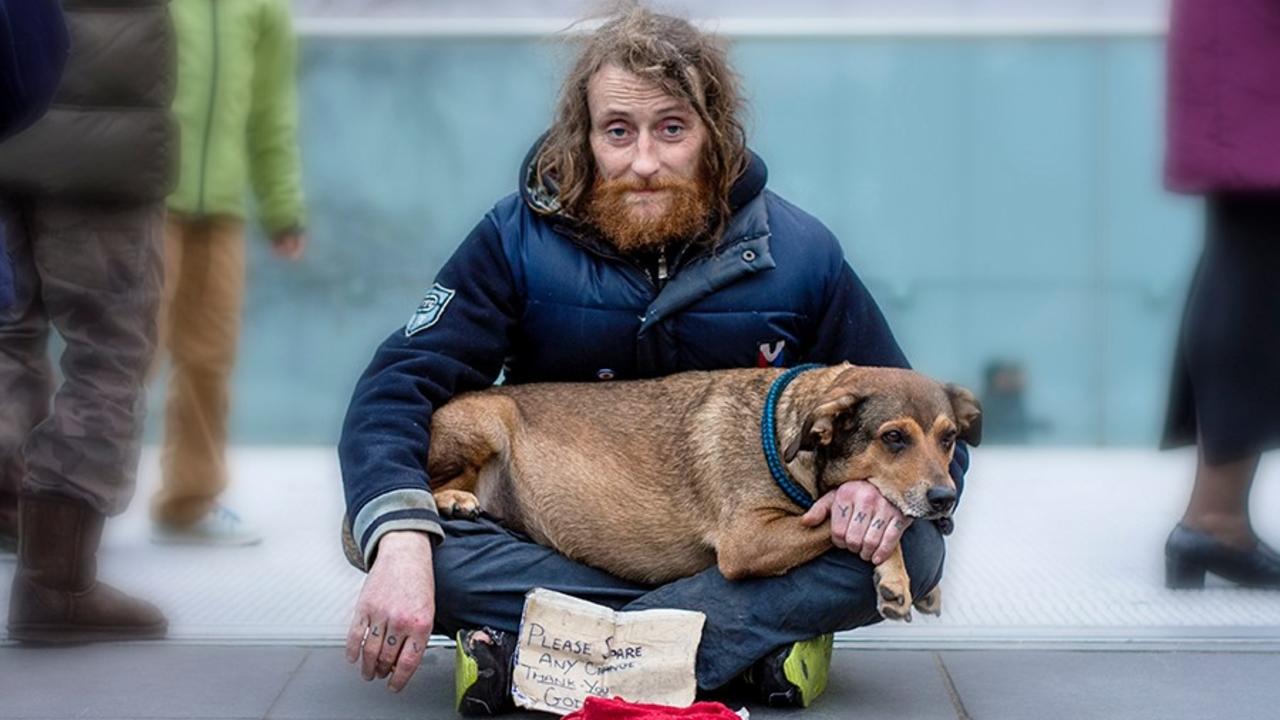Coronavirus, Housing and Wellbeing

As part of our blog series we look at the relationship between the pandemic, issues around housing and our wellbeing.
The unprecedented events of this year were bound to have a significant effect on many aspects of our lives.
The UK’s housing sector has not escaped this, as we can see from the issues affecting those renting and with mortgages and increasing levels of homelessness.
The lockdown, the economic crisis and the pandemic have each played a part in hindering the efforts of many to keep a roof over their heads.
Let’s be clear – access to good quality housing is vital to our wellbeing. And is recognised as a human right.
But even before the pandemic, many people were faced with serious issues with their housing situation. No wonder housing charity, Shelter, has described the UK as being in a ‘housing emergency’.
Overcrowding
According to the English Housing Survey (2018/19), around 800,000 people were living in overcrowded housing. With the Office for National Statistics (ONS) finding that overcrowding disproportionately impacted those from Black, Asian and ethnic minority groups.
Common sense tells us that there would be a relationship between overcrowding and the spread of COVID-19. Hence the government’s guidance on the 2-metre rule.
Early evidence supports this, showing that those experiencing overcrowded housing are at greater risk of catching the virus. With recent analysis by the ONS linking factors like living arrangements, amongst others, as being key causes of the disproportionate impact of Covid-19 on BAME communities.
However, regardless of ethnicity, those experiencing overcrowding over the last year have reported this having a serious impact on their wellbeing. With many reporting mental or physical health problems due to lack of space in their homes
Everyone In
At the beginning of the first lockdown, nearly 15,000 homeless people were given emergency accommodation in hotels to stem the spread of the virus as part of the ‘Everyone In’ initiative.
The initiative led to a large reduction in rough sleeping.
However, the government currently has no plans to restart the initiative this winter – despite calls from various charities for this to happen.
It is concerning what the impact of that decision will be on the lives and wellbeing of many of those 15,000 homeless people.
Renters
According to Shelter, around 440,000 adults are currently in rent arrears (in debt). Over the next year, this figure could rise by as much as 700,000.
During the pandemic, the government has offered support for renters to protect those at risk and prevent increased homelessness.
This involved the suspension of evictions from the beginning of the pandemic to September, increasing the housing element of Universal Credit, and evictions not being enforced until 11th January 2021.
Despite these positive measures, it is likely that the stress and uncertainty will be detrimental to many people’s wellbeing.
Along with this, there have been evictions that have unlawfully taken place during the pandemic.
Advice and Support
It is not always easy to know where to get advice from and this can leave you feeling isolated and powerless. But there is help available. The following links provide information on many of issues that we have covered.
- If you’re income has been affected by the pandemic you can read this helpful guide to Universal Credit from Citizen’s Advice.
- They also offer a detailed guide on what to do if you are in rent arrears.
- You can read about the rights and protections offered to tenants here.
- You can access free housing advice on issues such as homelessness, eviction and repairs on Shelter’s website here.
